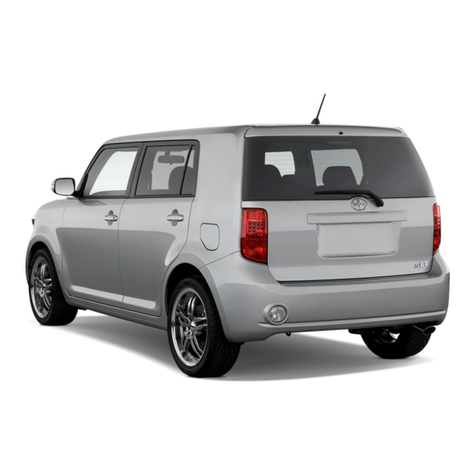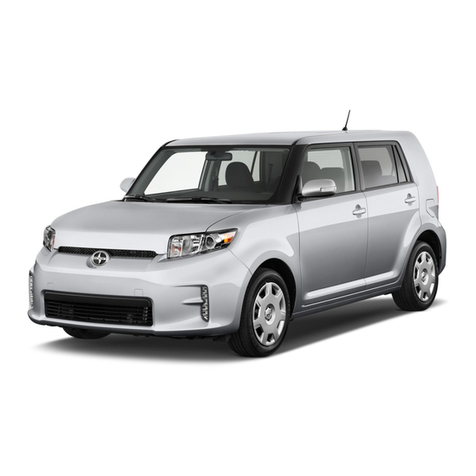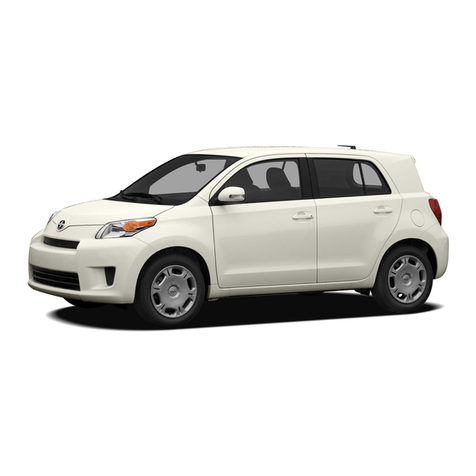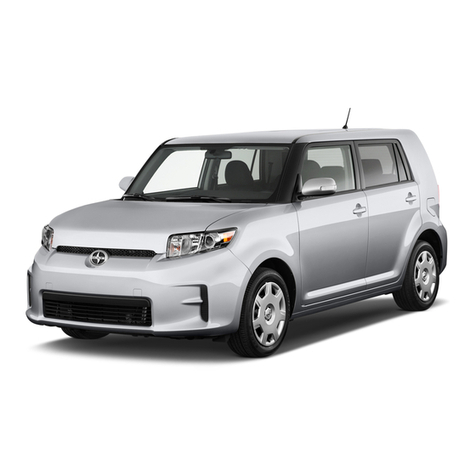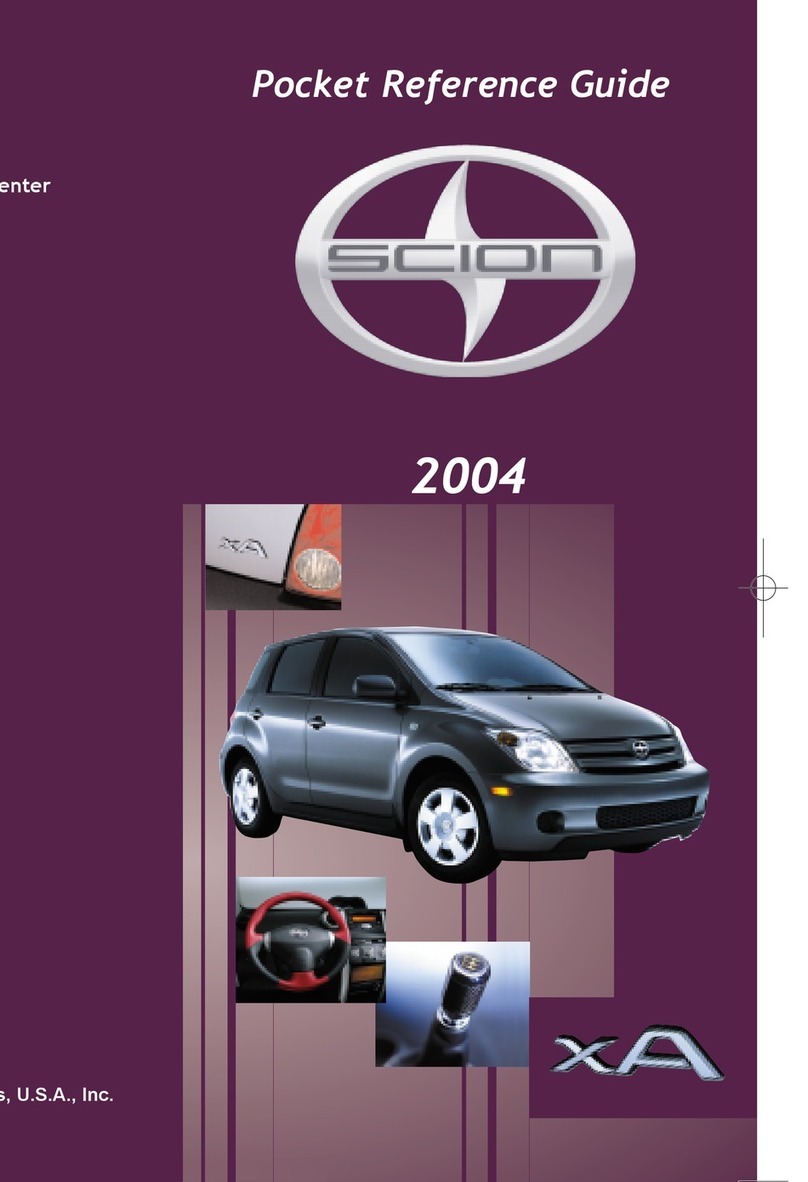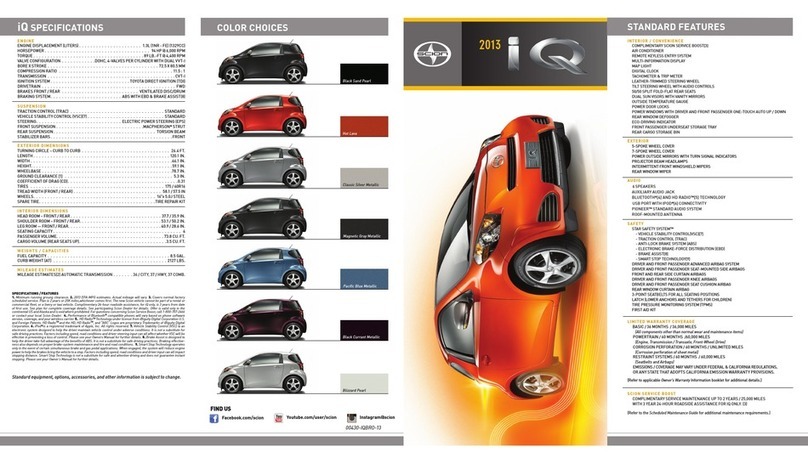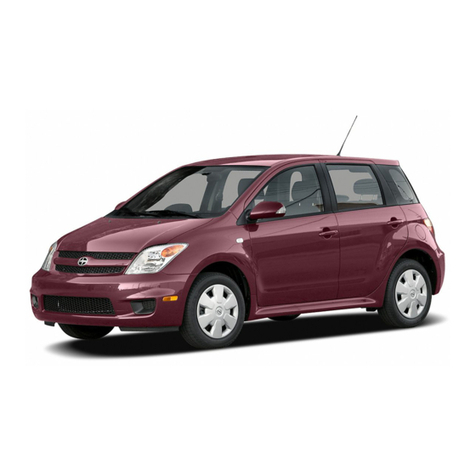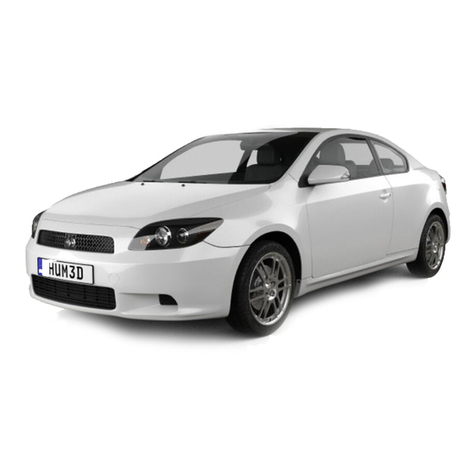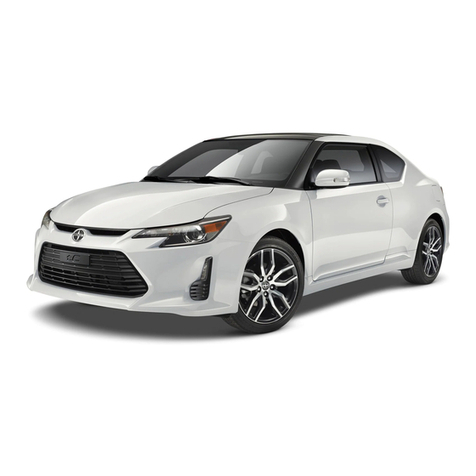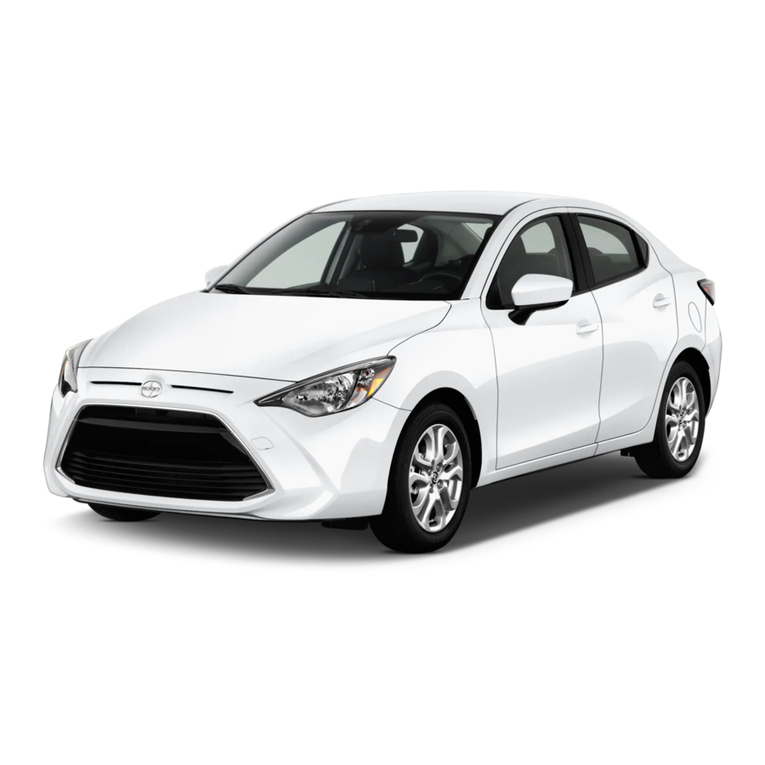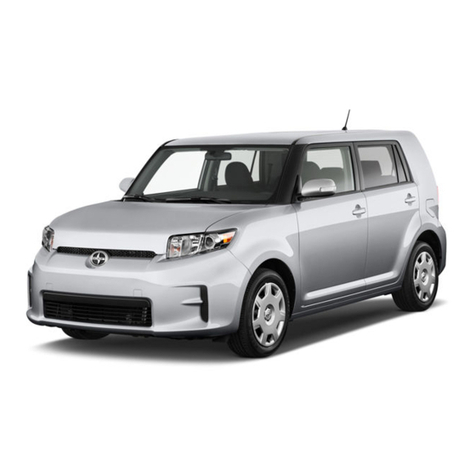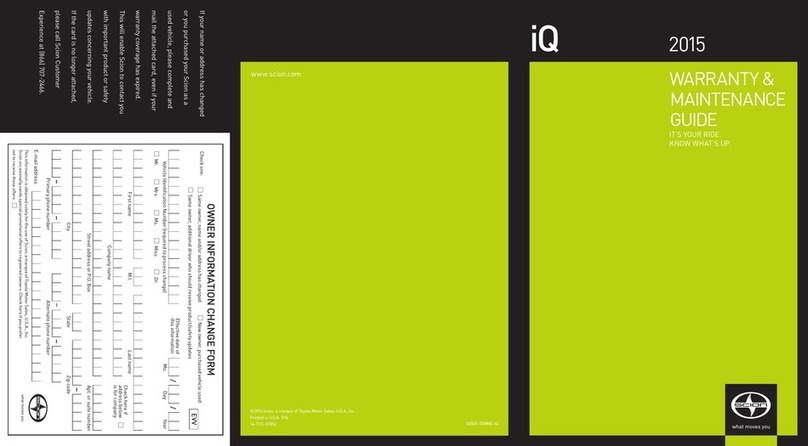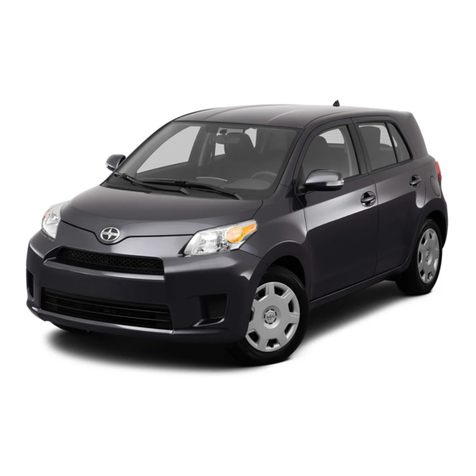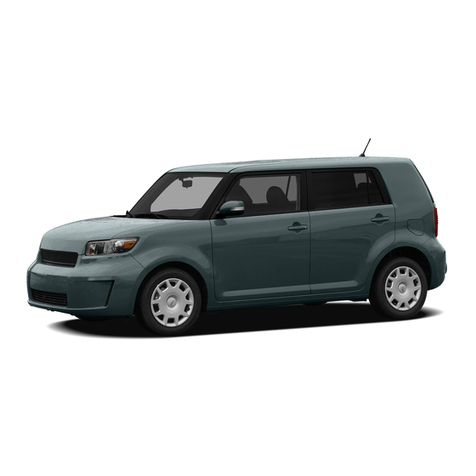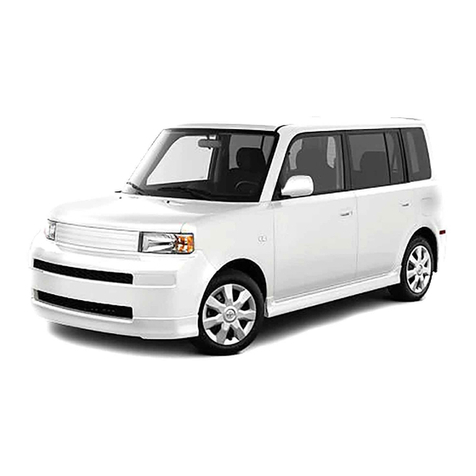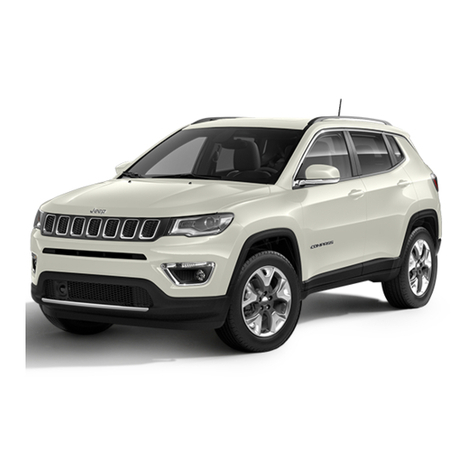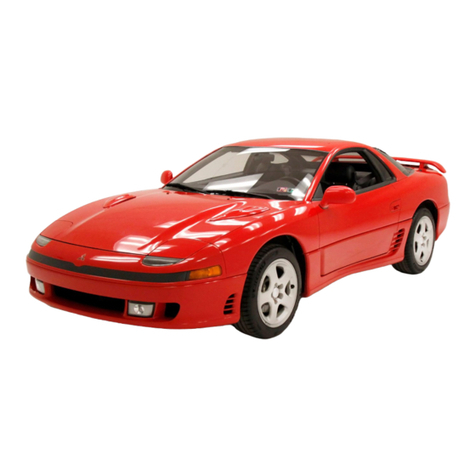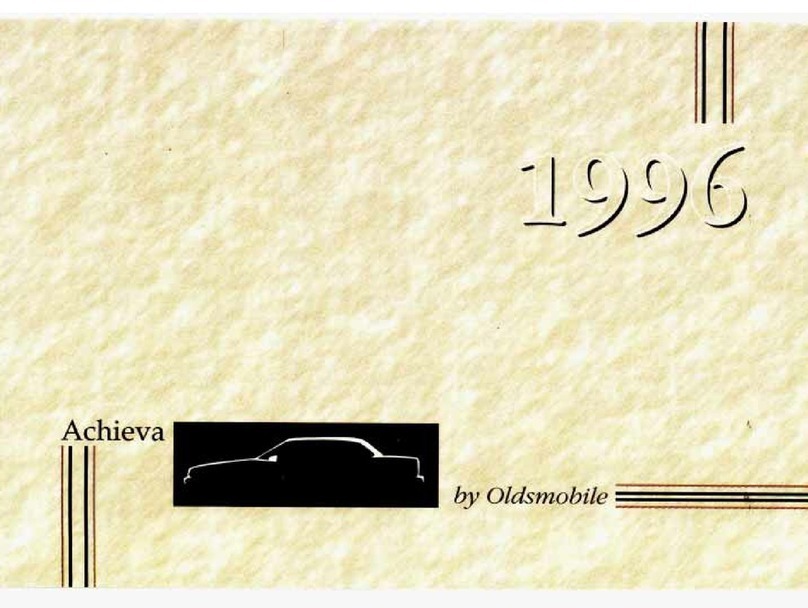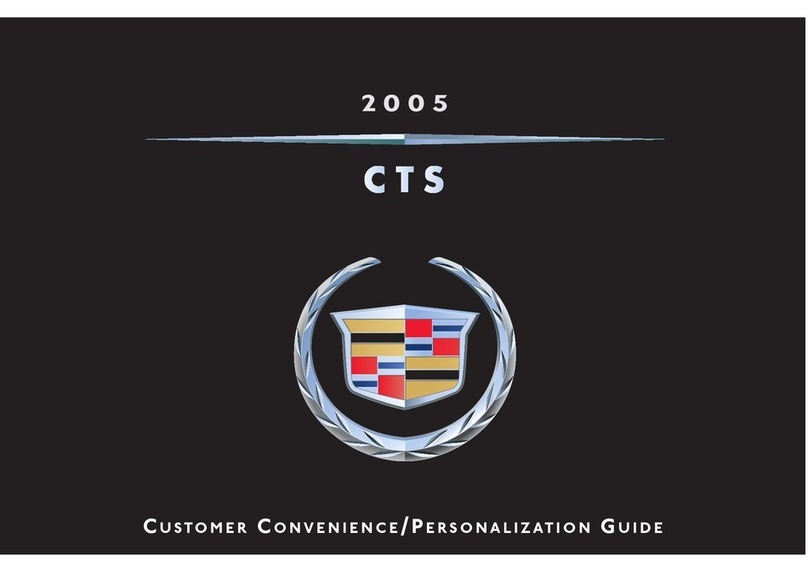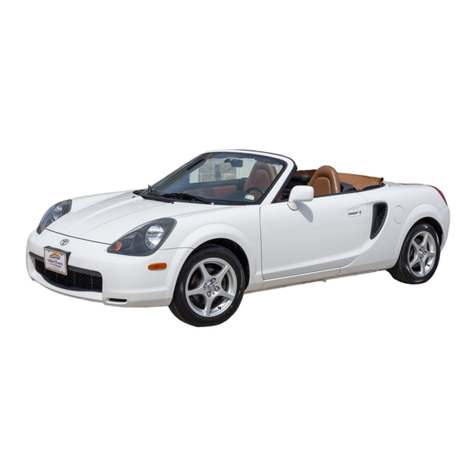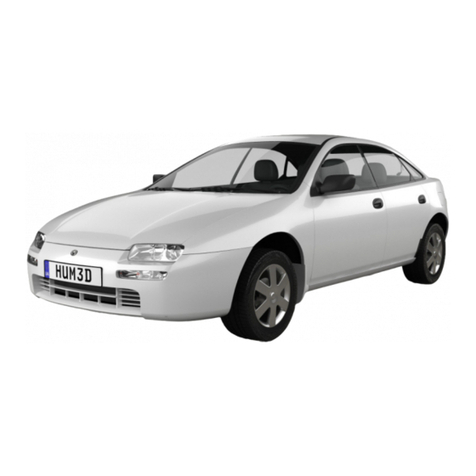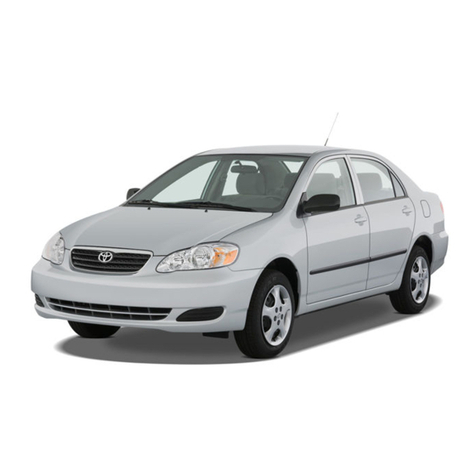OVERVIEW FEATURES/OPERATIONS SAFETY AND EMERGENCY FEATURES
16 17
Rear view monitor system CAUTION
The image on the screen is different from actual conditions. Depicted distances between
objects and flat surfaces will differ from actual distance. If you back up looking only at
the screen monitor, you may hit an object, vehicle or person.
Use your own eyes to confirm the vehicle’s surroundings, as the displayed image may
become faint or dark, and moving images will be distorted or not entirely visible when
the outside temperature is low.
NOTICE
If the vehicle is hit, the position and mounting angle of the camera may change. Be sure
to have the camera position and mounting angle checked at your local Toyota dealer.
The camera is of water proof construction. Do not detach, disassemble or modify it. Any
of these activities may cause the system to malfunction.
If the temperature changes rapidly, such as pouring hot water on the vehicle in cold
temperatures, the system may not operate normally.
Do not hit the camera or expose it to strong impact as this may cause its position and
mounting angle to change.
Do not rub the camera lens strongly. If the lens is scratched it cannot transmit a clear
image.
Do not allow organic solvent, car wax, window cleaner or glass coat to adhere to the
camera. If contact is made with one of these substances wipe it off as soon as possible.
When replacing tires on the vehicle, please consult your Toyota dealer. If you replace
the tires, the area displayed on the screen may change.
Do not use a high-pressure car-wash machine type wand to spray the camera or camera
area as this may cause serious damage to the rear view camera. Using intensive bursts
of water may result in the camera malfunctioning.
The rear view monitor system assists the driver by displaying an image of the
camera’s view behind the vehicle when in reverse.
To see the camera’s image of the view behind the vehicle on the monitor screen,
the vehicle ignition switch must be in the ON position and the gear selector must
be in the REVERSE position.
If you shift the vehicle out of the “R” position, the screen returns to the
previous image.
The rear view monitor system is a device intended to supplement the driver
when motoring in reverse and should not be relied upon solely. Drivers should
check behind the vehicle before entering and are reminded to use the rear
view and side mirrors once seated to ensure the intended path is clear before
moving the vehicle.
INFORMATION
If the camera lens becomes dirty, it cannot transmit a clear image. If water
droplets, snow or mud adhere to the lens rinse with water and wipe with a soft
clean cloth. If the lens is extremely dirty, wash it with a mild cleaner and rinse
immediately.
AREA DISPLAYED ON SCREEN
The image displayed on the screen is an approximation only.
INFORMATION
The area displayed on the screen may vary
according to vehicle orientation or road
conditions.
The area detected by the camera is limited.
The camera does not detect objects which
are close to either corner of the bumper or
under the bumper.

